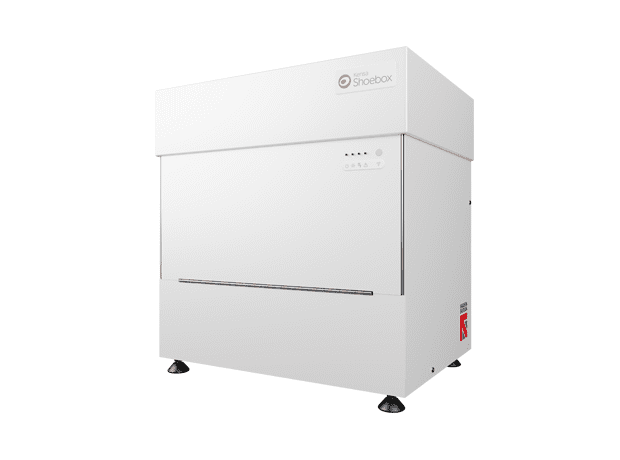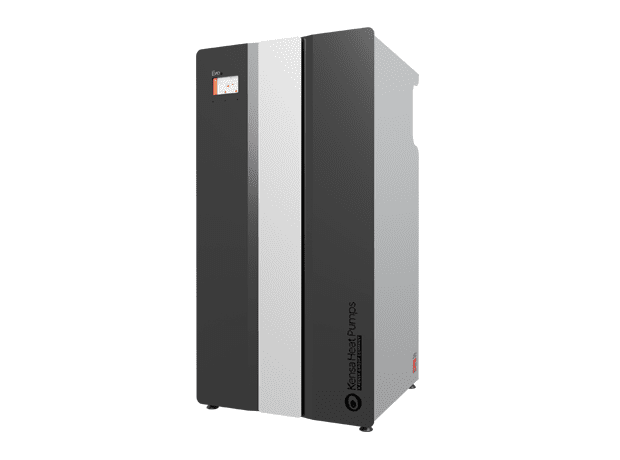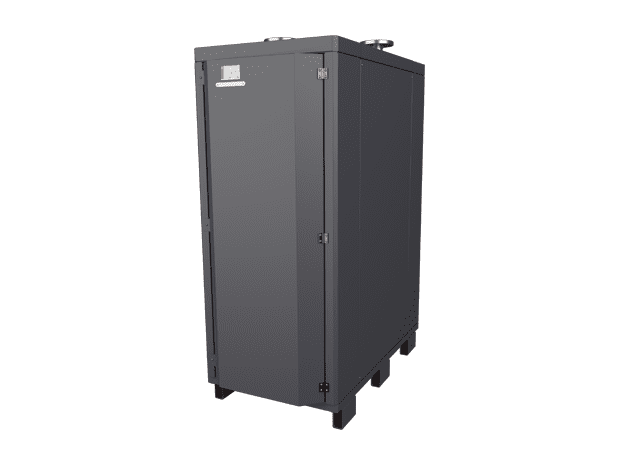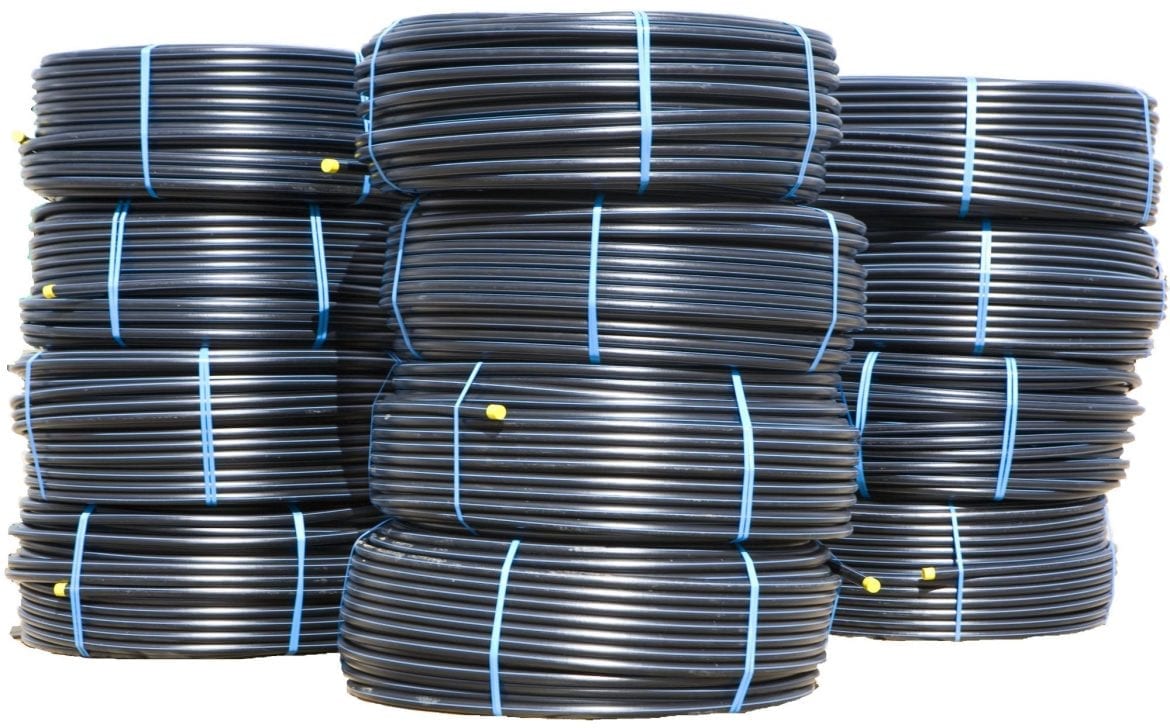Hot on the heels of the government’s Clean Growth Strategy, the Energy related Products (ErP) Directive that came into force across the UK and Europe on the 26th September 2018, legislates that boilers must not exceed a new lower threshold of Nitrogen Oxide (NOx) emissions.
In an effort to reduce pollution and improve air quality, oil-fired boilers with NOx emissions exceeding 120mg/kWh, and gas or LPG boilers with NOx emissions that exceed 56mg/kWh, can no longer be installed. These strict limits are applicable to boilers that are up to 400kW in size, however ground source heat pumps produce no point of use emissions.
This latest legislation follows on from the energy labelling initiative introduced in 2015, and is intended to help achieve the EU’s targets of lowering energy consumption by 20% and increasing the share of renewable energies by 20% by 2020.
Why NOx?
According to current estimates by the UK Health Alliance, outdoor air pollution contributes to around 40,000 premature deaths, over 6 million sick days and an estimated total social cost of over £20 billion per year.
Air pollution comes in three main forms: particulates; Sulphur Oxides (SOx); and Nitrogen Oxides (NOx). Nitrogen Oxide (NOx) is a collection of reactive and poisonous gases formed when fuel is burned at high temperatures; the higher the temperature, the more NOx will be emitted.
A ground-breaking solution
Much of this air pollution is caused by vehicle transport but there is also a contribution from combustion heating systems that burn gas, oil, LPG or biomass to produce heat.
A ground source heat pump extracts naturally occurring heat from the ground (or water) and is an electrically driven device with no combustion. There are therefore no point of use emissions of any pollution – particulates, NOx or SOx (and no point of use CO2 emissions either).
There are estimated to be 900,000 domestic gas boilers in London. If these were all replaced with ground source heat pumps, we could reduce the NOx emissions in our city alone by over 400 tonnes per annum compared to even the best gas condensing boilers.







